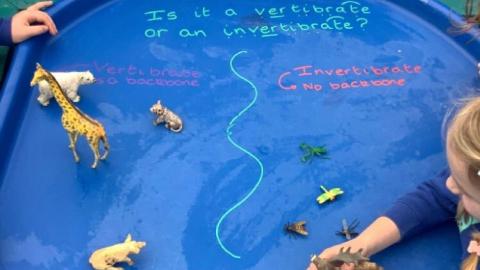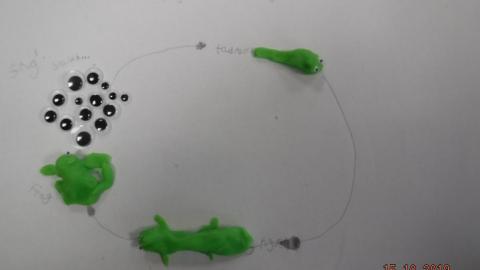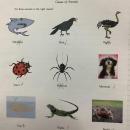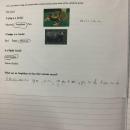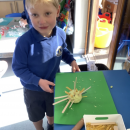Science is taught as a driving focus within topics in all classes. We believe in building on what pupils already know and inspiring them to ask high quality questions to further their curiosity. All children have access to active, well resourced, pupil centred learning opportunities which will engage and encourage future aspirations. Teachers use a variety of teaching methods: modelling, demonstration, use of internet links and video, experiments (both immediate and over time), research, discussion, and debate.
Investigation plays a central part in all science learning and children are taught to plan, carry out and carefully consider the results from a series of fair tests.
We support the children to develop scientific knowledge and conceptual understanding through the specific disciplines of biology, chemistry and physics. We consistently encourage ambition through our thorough progression planning, in which challenge is seen positively.
In Key Stage 1, Science is recorded through photographic evidence of learning, pupils’ comments and the processes followed in preparing and carrying out a range of experiments, and in formalised Science books too.
In Key Stage 2, children complete 'exit cards', each lesson, to assess and advance their learning. This is done through concept cartoons, practical investigations called TAPS and technology-based quiz programmes, like Kahoot.
Science is linked to practical experiences whenever appropriate, including visits, visitors, and real-life experiences where possible. Cross-curricular links are made where meaningful – for example explanation texts in literacy or links to history and geography topics.
In KS1, pupils study:
- Plant growth and consider what plants need to grow,
- Human development, comparison of different animals and what they need in order to survive.
- Compare a range of materials and investigate their properties and suitability for a range of tasks.
- Seasons and how they change.
- Light and dark, including how shadows are formed.
In KS2, pupils study:
- Classification of living things, investigation of life processes and a study of the differences between living things.
- Further study of the human body, how it develops and functions (including a study of teeth, the digestive system, physical changes, circulation and reproduction)*
- Nutrition, diet and the importance of exercise on our bodies.
- Comparing and grouping materials, classifying solids, liquids and gases and investigating properties of each.
- Changing state, including dissolving, evaporating and solidifying.
- The water cycle.
- The earth and the solar system.
- How light travels and how sounds are made.
- Electricity and circuits (including switches, bulbs, buzzers, types of circuit)
- Insulators and conductors.
- Recording electrical circuits using symbols.
- Forces, including magnetism, friction, gravity and resistance.
- Use of mechanical devices linked to forces.
Celebrating BAME and Female Scientists
In the Goldsborough Sicklinghall Federation, we know the importance of Cultural Capital and Science Capital. To inspire the next generation of scientists, it needs to be relatable. As part of our planning process, each unit has a linked BAME or Female Scientist, alongside the well known Scientist in that field, for the children to learn about.

